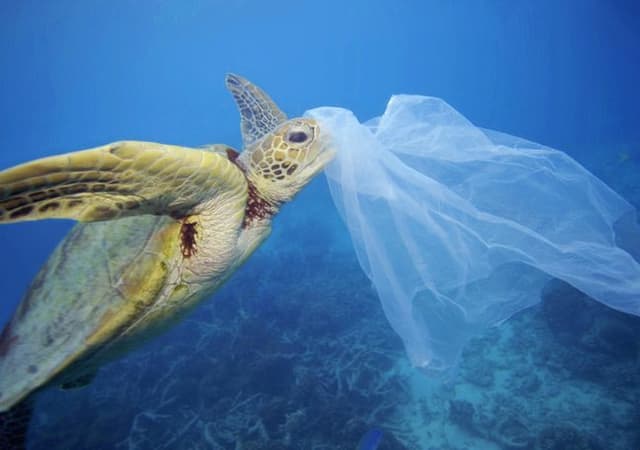Learning intentions:
Students will...
- explore climate change
- build their thinking and questioning skills.
Success criteria:
Students can...
- understand individual practices that contribute to climate change
- collaborate with peers to create and design action cards.

